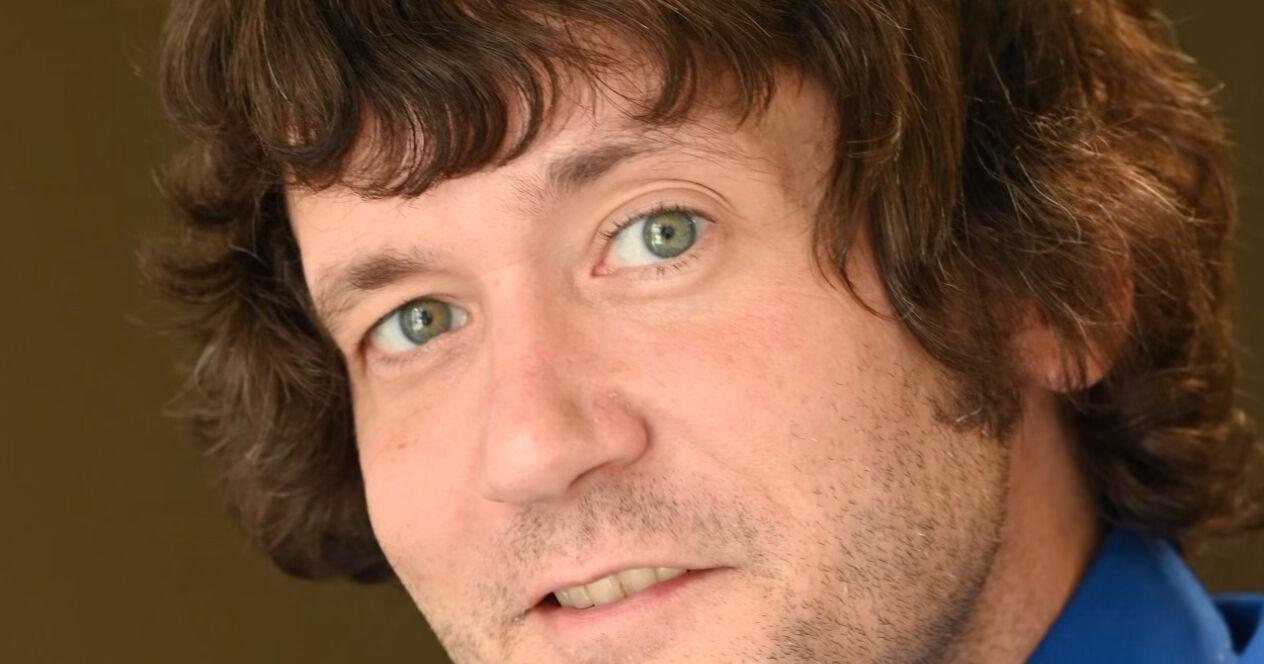
Václav Havel’s 1978 essay “The Power of the Powerless” famously speculates on a greengrocer who every morning puts up a sign with the slogan, “Workers of the world, unite!” Recognizing that the grocer and any passersby probably would not give much thought to this familiar phrase, Havel concludes that the sign’s message is subliminal:
“I, the greengrocer XY, live here and know what I must do. I behave in the manner expected of me. I can be depended upon and am beyond reproach. I am obedient and therefore have the right to be left in peace.” This message, of course, has an addressee: it is directed above, to the greengrocer’s superiors, and at the same time it is a shield that protects the greengrocer from potential informers.
On Tuesday, Philadelphia Flyers defenseman Ivan Provorov declined to signify support for the National Hockey League’s “Pride Night” in support of LGBGT activism, citing his Russian Orthodox faith. Pride Night is part of the NHL’s “Hockey for Everyone” initiative, intended to use “the game of hockey—and the League’s global influence—to drive positive social change and foster more inclusive communities.”
When asked why he did not participate in Pride Night activities, in which players wore special LGBT-themed warmup jerseys and used rainbow tape on sticks that were later auctioned to raise money for the cause, Provorov emphasized that his was a strictly personal choice: “I respect everyone. I respect everybody’s choices. My choice is to stay true to myself and my religion.”
The response from LGBT advocates and progressive sports media figures was swift. “Stop letting bigots hide behind their cherry-picked religion,” tweeted Rachael Millanta, lead hockey writer for the sports gambling site BetMGM. “We are incredibly disappointed to see an athlete with a powerful platform choosing to exclude the LGBTQI+ community,” announced Athlete Ally founder and executive director Hudson Taylor. E.J. Hradek, a prominent Canadian analyst on the NHL network, advised Provorov to leave America, return to Russia, and get involved in the Ukraine conflict if he did not wish to “assimilate.”
“The concept of ‘team’ can mean a lot of things. . . . I would hope that, behind the scenes, there’s some more direct conversations around what it means to be a teammate,” declared Kurt Weaver, COO of You Can Play, the NHL’s contracted partner in LGBT advocacy. Weaver suggested that a single player’s non-participation in the promotion had “negatively impacted” Pride Night and proposed that his organization “work with” the Flyers and Provorov by providing “additional information and better understanding.”
Successful sports teams invariably integrate teammates with vastly different personalities, politics, and temperaments. The concept of “teamwork” implies an ability to put aside differences and focus on specific, collective goals. But Havel might agree that Weaver’s concept of “team” requires conformity and uniformity. Progressive ideology increasingly demands that people express support for causes regardless of their true feelings. The woke journalists expressing outrage that Provorov was even allowed to play that night may have missed the news that Virginia Tech recently paid $100,000 to settle a lawsuit by Kiersten Hening, a soccer player whose coach refused to play her after she declined to kneel during the national anthem in support of Black Lives Matter. Notwithstanding the settlement in favor of Hening, the case highlights the evolution of progressive activism from a form of dissent to something from which one may not dissent, from an appeal for tolerance to a demand for conformity.
As Havel explains in his essay, ideology depends on participation in affirming rituals. His greengrocer is not just being a bad teammate but threatens the game itself if he does not put a sign in his window. The activists understand all too well that not every player or NHL fan supports the ideology of the LGBT movement—though according to Gallup, 70 percent of Americans supported gay marriage in 2021. This explains the intensity of the response to Provorov’s refusal to participate in the Pride ritual.
The NHL itself offered a neutral official statement that will surely prove problematic for Provorov’s critics and perhaps the league itself: “players are free to decide which initiatives to support.” Judging from the reaction, the NHL’s social justice “partners” do not seem to agree.
The NHL may eventually be persuaded to take the path of the NFL, which initially resisted Colin Kaepernick and the others who sat and later kneeled during the national anthem to protest what they saw as racist oppression in the United States. Many of the same voices demanding consequences for Provorov supported Kaepernick’s protest. Nike and other companies enriched Kaepernick personally and BLM organizations generally to signify their own support and ward off accusations of insufficient devotion to the cause. The league eventually placed BLM slogans on helmet decals, in prominent locations throughout stadiums, and on the playing field itself.
Sports have become a battleground for progressive ideologues. Last June, five Tampa Bay Rays declined to wear LGBT-themed uniforms for a major league baseball Pride Night. Pitcher Jason Adam explained, “It’s not judgmental. It’s not looking down.” An LGBT activist wasn’t having it: “It would have been so much better if no one had worn the rainbow stuff than if only a few people had.”
More relevant than ever, Havel’s essay describes the importance of unquestioned ideology and ritualized, compelled speech in a “post-totalitarian” system, one in which ideology “pretends that the requirements of the system derive from the requirements of life.” The result is “a world of appearances trying to pass for reality.”
Photo by Tim Nwachukwu/Getty Images







